Project Mission
A half-billion are suffering from autoimmune diseases like Crone’s disease, psoriasis, multiple sclerosis, rheumatoid arthritis, and Fibromyalgia. Another half a billion people are suffering from depression and other mental illnesses.
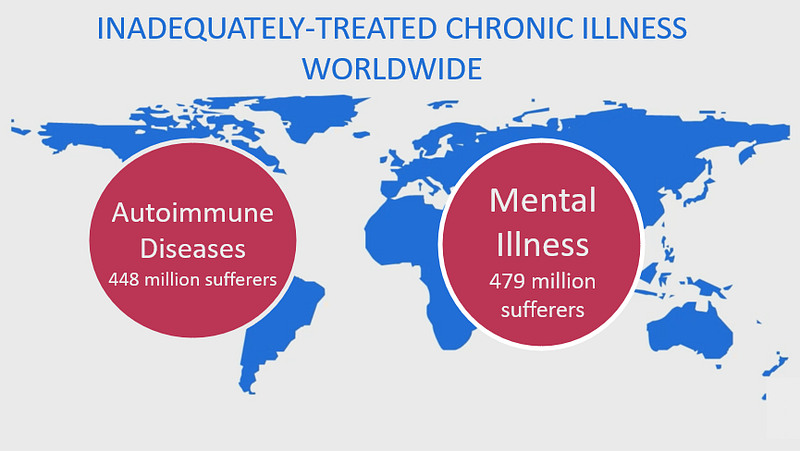
Indeed 12 people will have committed suicide by the end of this article. Hopefully, not as a result of this presentation, but I believe due to massive failures in our current systems of clinical research and diagnosis. Currently, it costs as much as $48,000 per subject in a Phase III clinical trial. This has resulted in very little data on the effects of any factors that aren’t patentable.
The Amount of Suffering is Determined by Thousands of Factors
Something that all of these diseases have in common is that they can be exacerbated or improved by hundreds of factors in daily life like:
- What medications did I take?
- How much of each food additive like sugar, gluten, saturated fat, etc. did I consume?
- How much REM and deep sleep did I get?
- What were the duration, time, and intensity of my exercise?
- How much social interaction?
- What were the humidity and temperature?
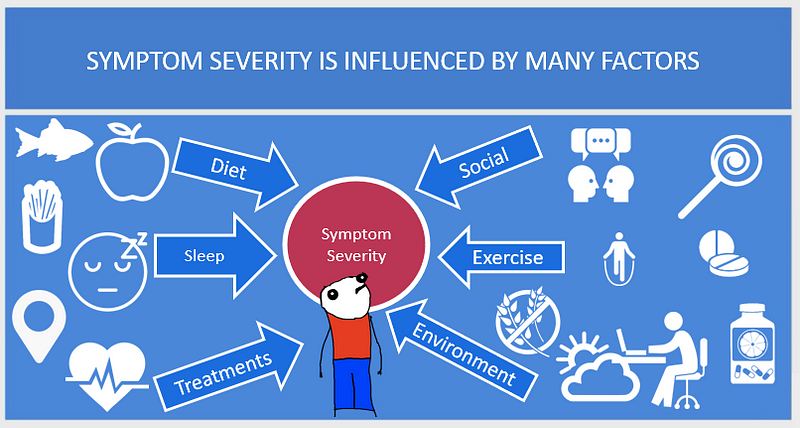
Unfortunately, the human mind evolved to survive in a world without data millions of years ago is only capable of holding 7 numbers in working memory at a time.
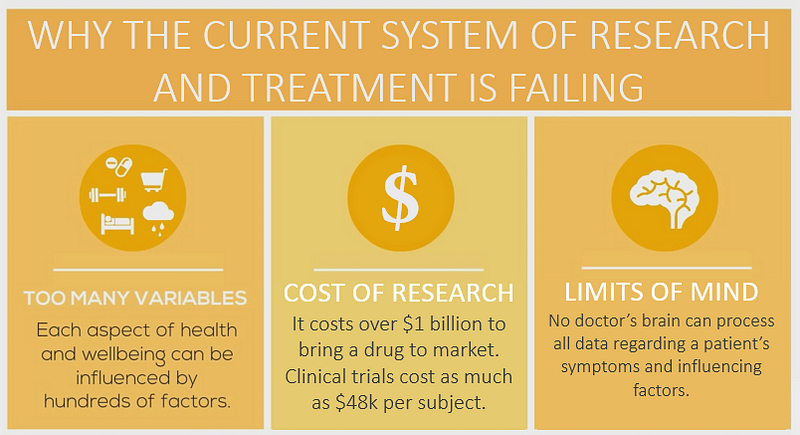
Brains don’t have the bandwidth or statistical processing power required to analyze the massive amount of longitudinal data, time delays, and durations of action that has to be taken into account if we are to determine the likely influence of each of these factors on the individual’s symptoms.
So I created an open-source project to aggregate and analyze the oceans of new active and passively generated human data to determine which of these hundreds of factors have the strongest relationships with the symptom or outcome of interest.
What the hell is wrong with me?
To better illustrate what an empirical approach to chronic illness looks like, I can tell you about my experience.
I’ve been using data to solve problems for about 15 years. Initially, I got my degrees in electrical engineering and physics. Then I spent 10 years using various analytical tools and data analysis to solve thousands of industrial problems as the Director of Chemical Testing at St. Louis Testing Laboratories.
At the lab, we would do a lot of root cause failure analysis for different industries. This generally consisted of gathering data, analyzing it, and using it as a basis for research to identify root causes and effective solutions.
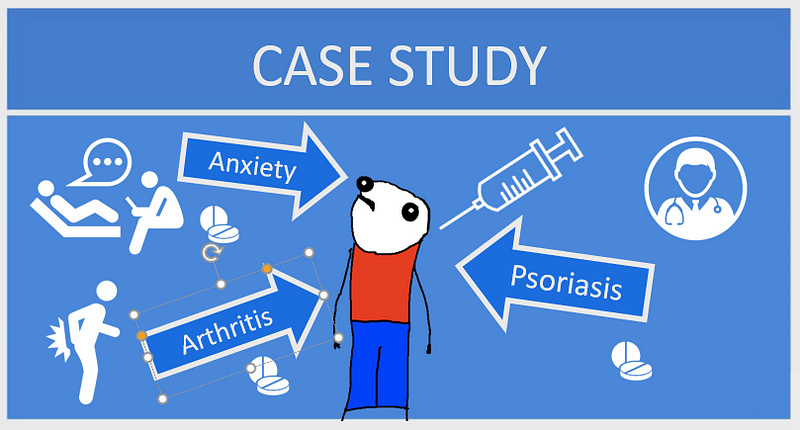
During my time there, I developed several health conditions like back and joint pain, psoriasis, and anxiety. My doctor sent me to several specialists who prescribed a whole AIDS cocktail of medications. These were somewhat successful at masking the symptoms but they were very expensive and carried side effects with them. So I decided to apply the same techniques we used in the root cause failure analyses at my lab to figure out what the hell was wrong with me.
Using My Autistic Powers for Good
So I started tracking my symptom severity, diet, medications, physical activity, sleep, and other influencers with several different apps and devices.

I then exported the data to a bunch of spreadsheets and analyzed, and made several very important discoveries.
Hidden Factors Revealed
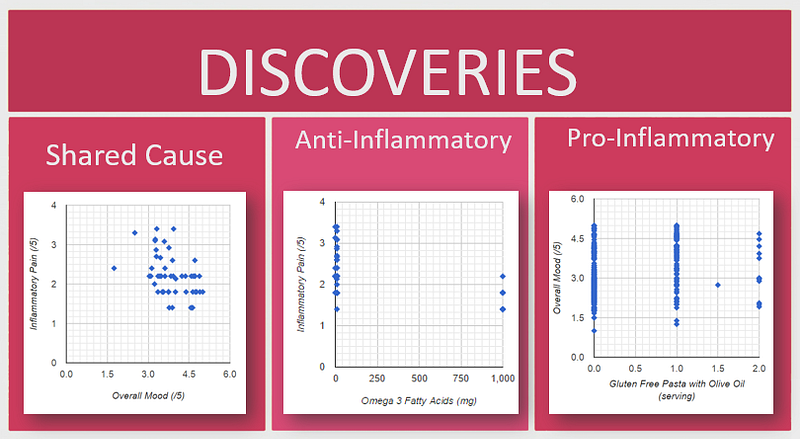
The first discovery I made was that the severity of my symptoms correlated very highly with each other, indicating a common underlying root cause. And another discovery was that increased severity was most strongly correlated with prior gluten and sugar intake. So all of these separate conditions were just symptoms of the same underlying root cause. That root cause being an inflammatory immune reaction caused by dietary factors. So I removed those from my diet and within a couple of weeks or so nearly all the symptoms that I had been dealing with for years went into near-complete remission.
My personal discovery coincided with and is consistent with much recent research proving that many treatment-resistant mental health problems are really symptoms of underlying inflammation and autoimmune issues.
Making Empirical Personalized Research Easy
When I first started doing this, all this tracking, data aggregation, and analysis were extremely arduous, so a few years ago, I started working on a project to make it easy for anyone to use this empirical approach to reducing their suffering.
Data Collection
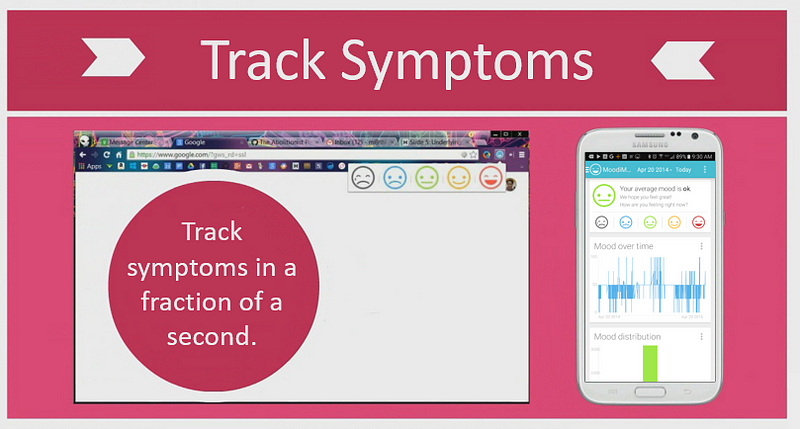
First, we developed mobile apps and browser extensions to make it incredibly easy to track your symptom severity in a fraction of a second using a unique popup interface.
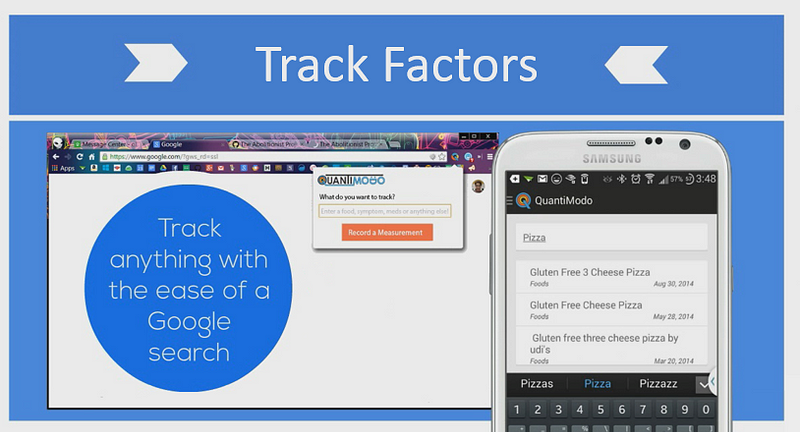
Additionally, we make it easy for you to track diet, treatments, and anything else that could influence your condition.
Data Aggregation
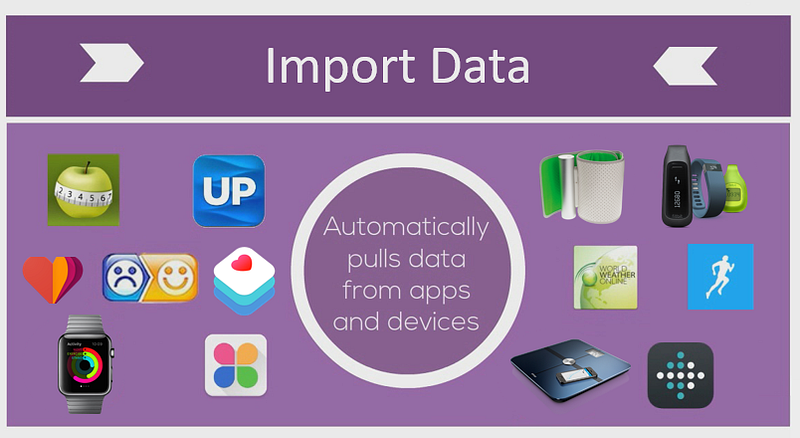
We also built a Connector Framework, which allows you to automatically pull passively or actively generated data from dozens of applications and devices such as Fitbits, Withings scales and blood pressure monitors, and diet data.
Data Analysis
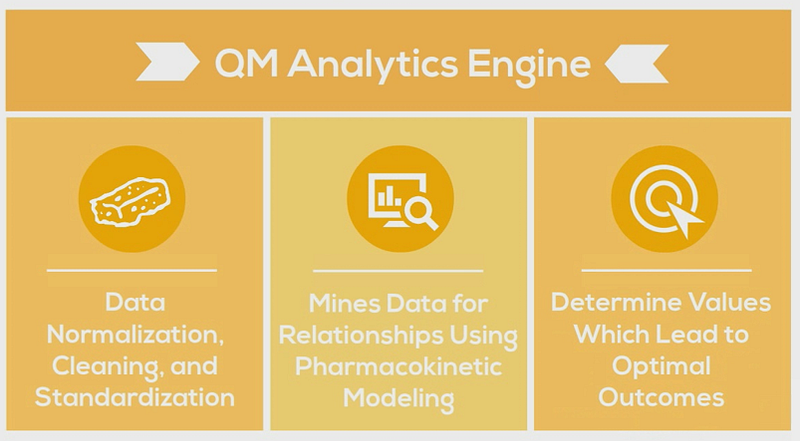
Once we’ve accumulated all of this data, the Analytics Engine cleans your data and mines it using pharmacokinetic modeling techniques, which take into account onset delays and durations of action to determine which factors have the strongest influence on a given outcome and what the optimal daily values are.
And finally, you can select any symptom or outcome of interest and then see which factors are most predictive of that outcome.
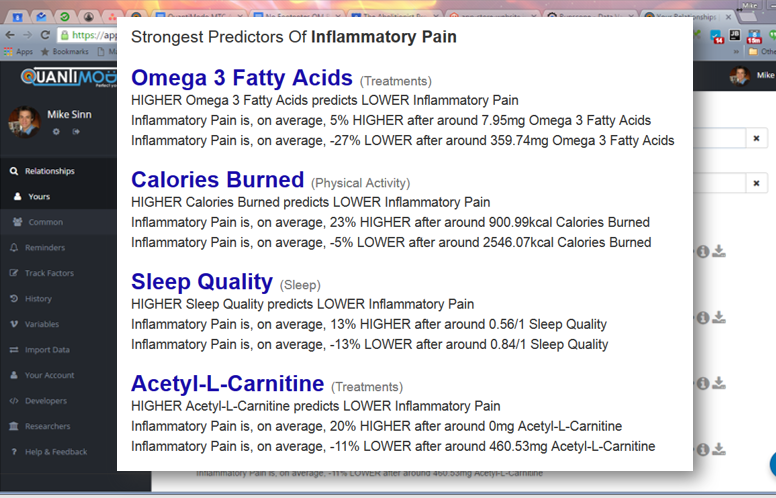
Here we see the top factors most predictive of reduced inflammatory pain. The strongest predictor is Omega 3 Fatty acids. You can see that my inflammatory pain is typically 27% lower after I take 400mg of Omega 3 Fatty acids.
The Journal of Citizen Science
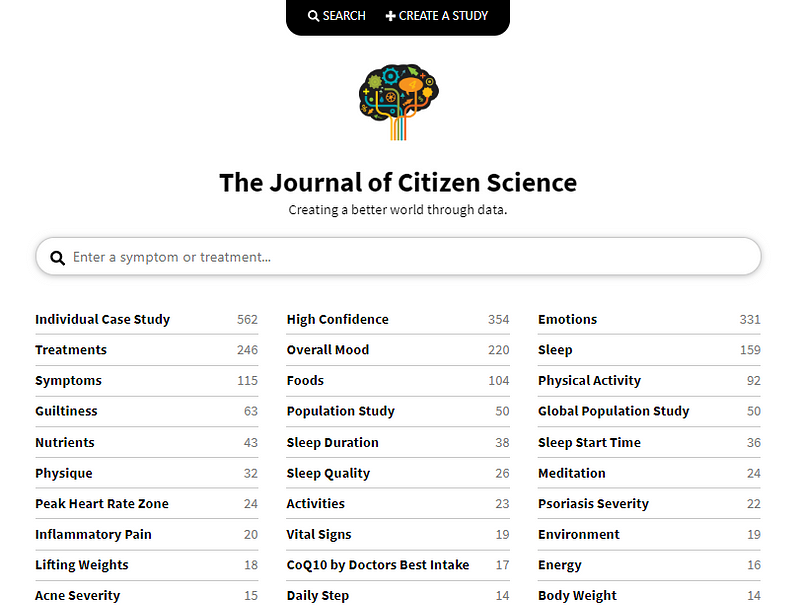
I’ve published the results of the anonymously aggregated analyses at the Journal of Citizen Science. So far, I’ve collected over 10 million data points on symptom severity and influencing factors from over 10,000 people. This data has been used to freely publish 90,000 studies on the effects of various treatments and food ingredients on symptom severity.

Leave a Reply